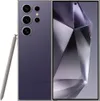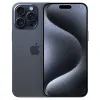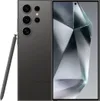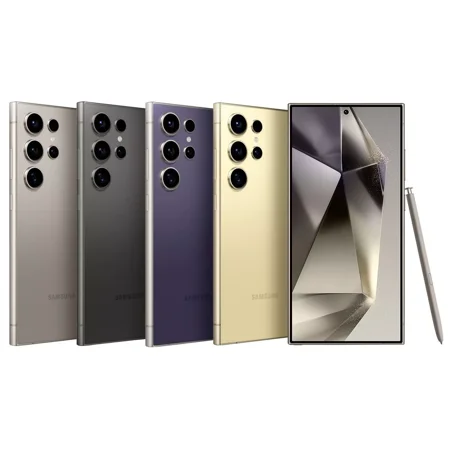MWC 2024 day 2 — 5 amazing new gadgets you need to see
The second day brings out some surprises
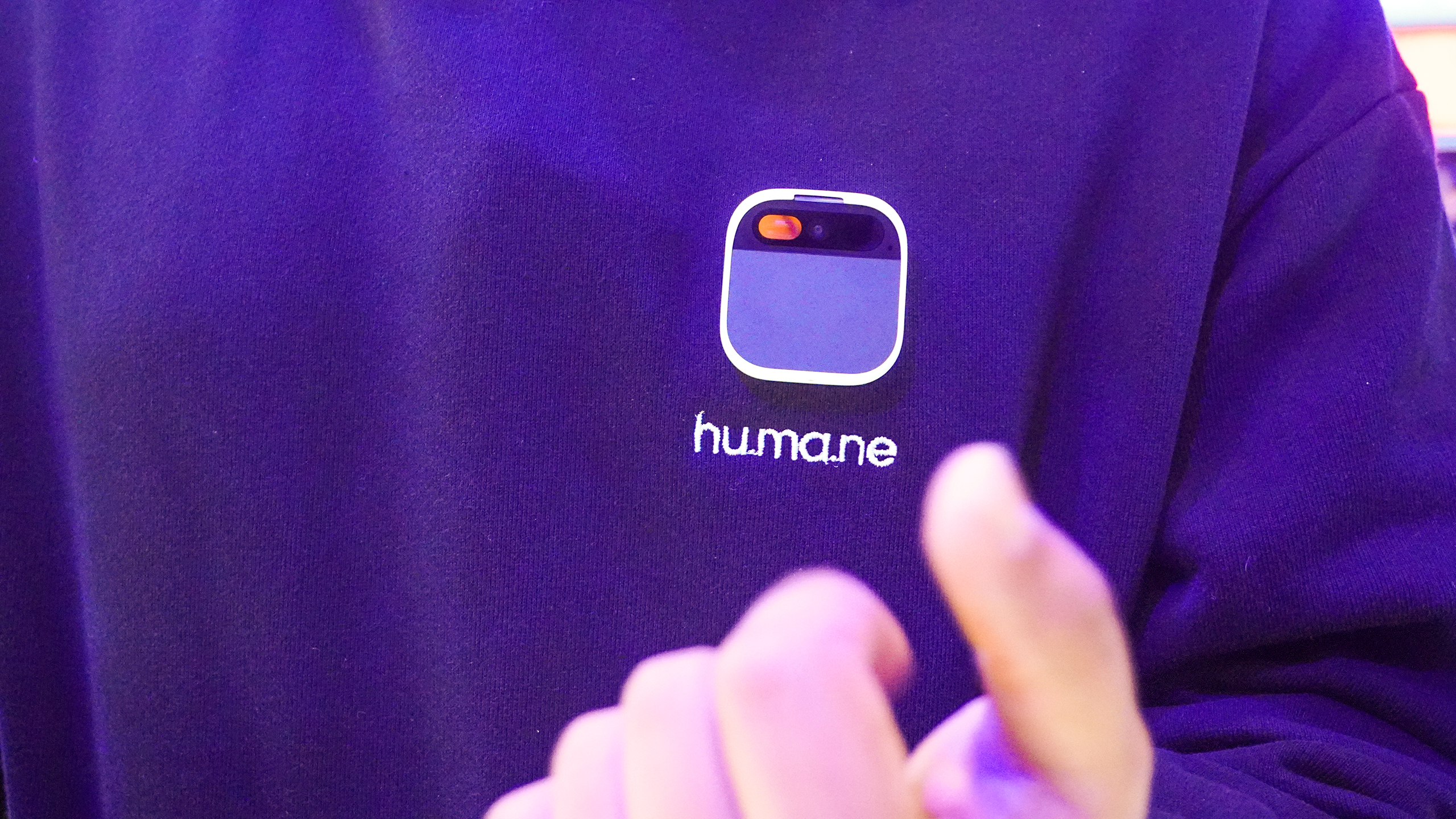
MWC 2024 has wrapped up its second day, and with it comes a whole wealth of new and interesting tech. We've seen everything from specialist mobile SIM cards and AI-based pins to affordable smartphones.
Mobile World Congress always promises to be an exciting time for those interested in the future of mobiles, and so far hasn't been a disappointment. You really don't want to miss what is happening, so join us for this round-up of the second day of news, product unveiling and hands-on sessions involving upcoming phones, wearables and other mobile devices.
The Humane AI Pin is here
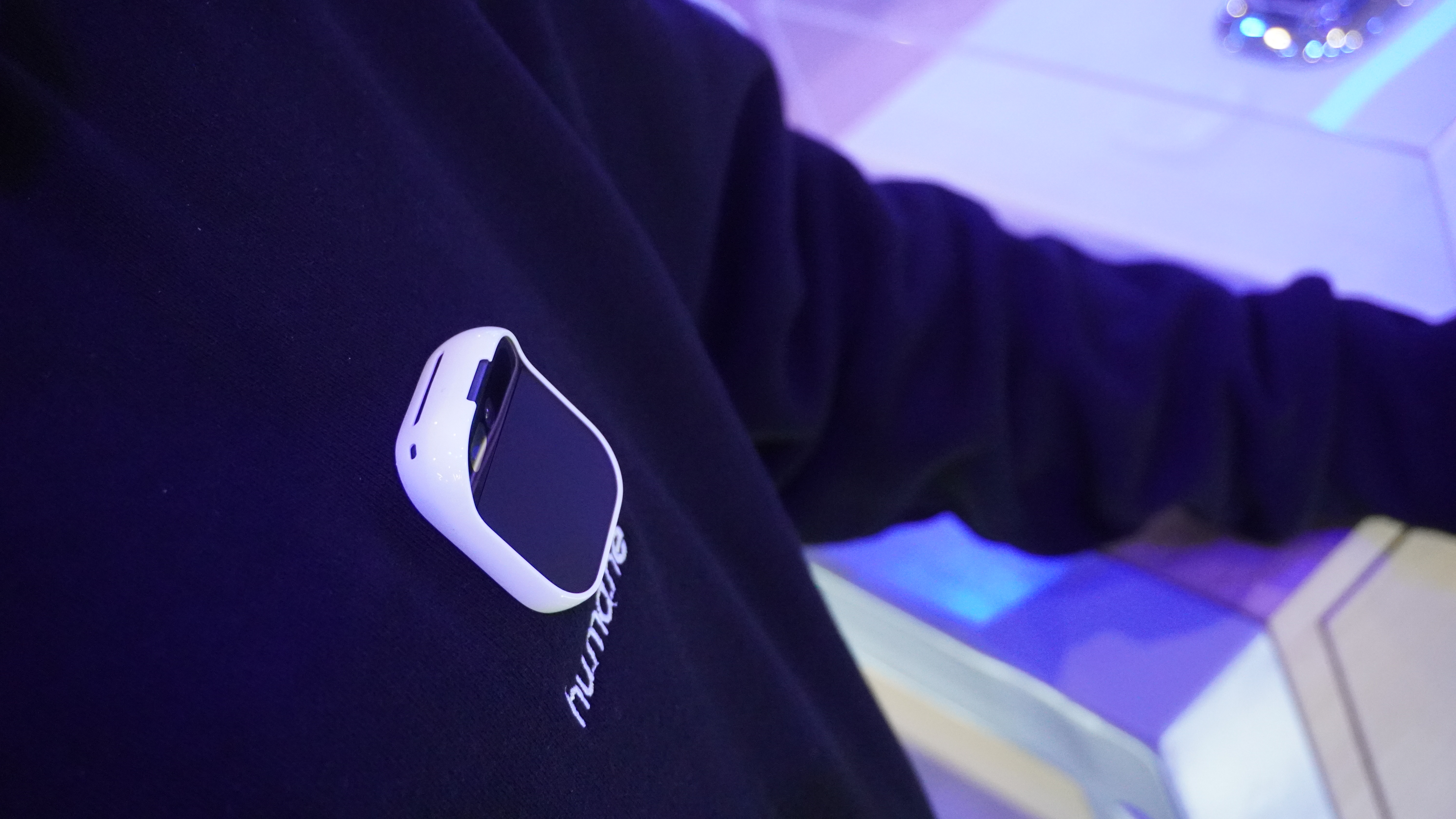
MWC is one of the main avenues for developers to show off the potential future for tech, and there's little that is as futuristic as the Humane AI pin. This little piece of tech wants to make the screen a thing of the past and cut away all the distractions of a smartphone. The result is a simple, sleek piece of hardware that pins onto the chest.
MWC 2024 has given people a chance to finally get their hands on the device to see what it is capable of, and the results were initially amazing but there is still the question of if this little pin is worth the $700. The pin comes with a wealth of smart assist commands, and a small camera can easily describe what it sees and offer breakdowns and suggestions based on what's in front of it.
However, there are some concerns. Namely that the barebones features may end up being more a hindrance than a help. For example, the method of viewing photos from the device appears more tricky than it really needs to be. Time will tell if this minimalist approach to AI is enough to draw in a crowd.
OnePlus reveals a much better smartwatch
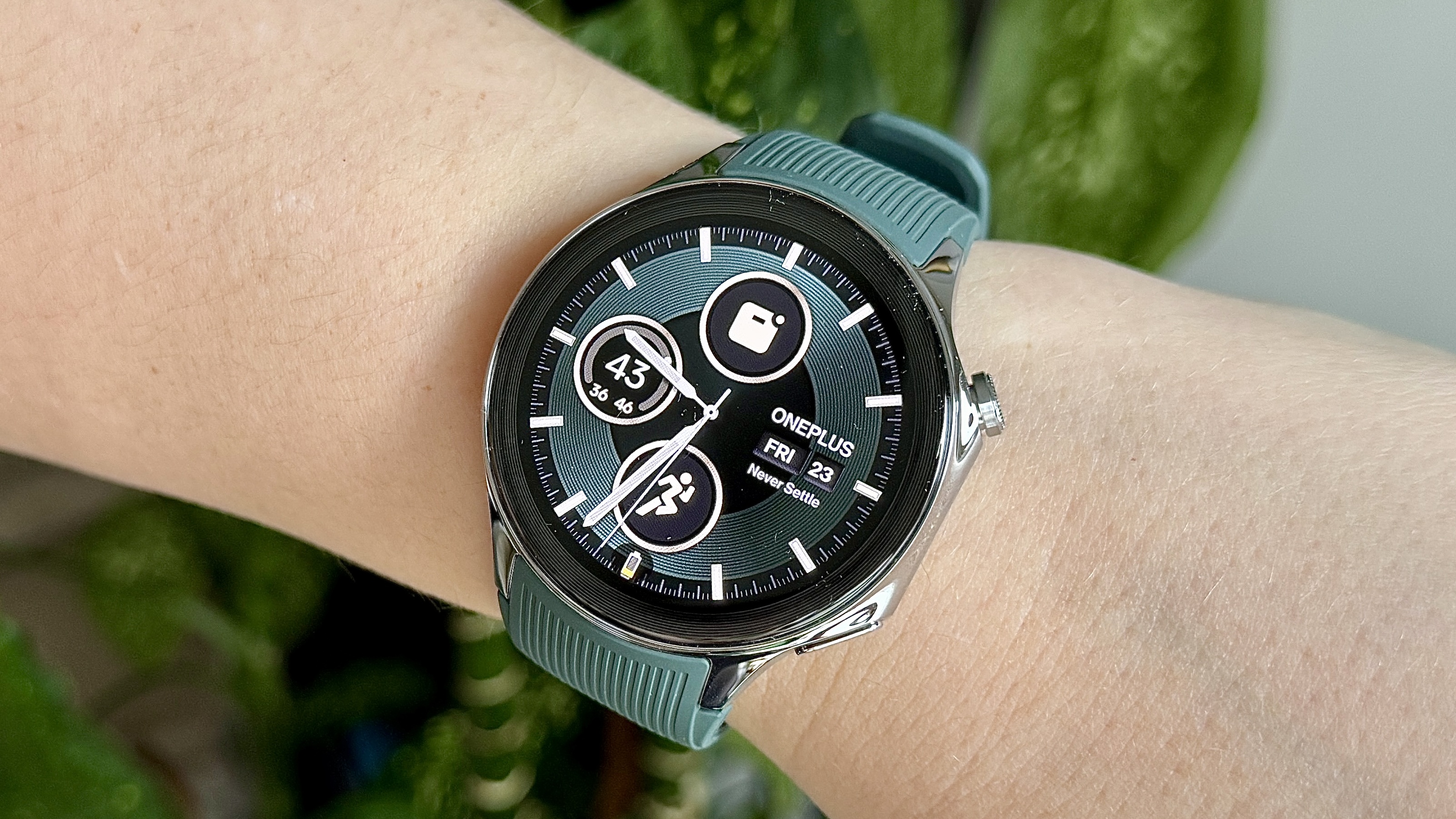
The OnePlus Watch 1 was something of a mixed bag at release, while it was remarkably affordable and easy to use, it lacked some important features that held it back from being all it could be. OnePlus seems to have learned its lesson as it announced the OnePlus Watch 2 at MWC 2024.
Arguably the most impressive change that has come about is the introduction of a twin chipset design for the OnePlus Watch 2 as well as allowing third-party apps onto the device. the dual chipset allows the watch to run twin operating systems, Wear OS and the original OnePlus watch RTOS software. Essentially, this system will allow the watch to run simpler operations through RTOS and more complex programs through the Wear OS while swapping between the two seamlessly.
Sign up to get the BEST of Tom's Guide direct to your inbox.
Get instant access to breaking news, the hottest reviews, great deals and helpful tips.
The downside to this is an increased price from $159 to $300, which the developers feel is a fair adjustment considering the amount of work and tech put into the new watch. Only time will tell if the changes that OnePlus has put into their next generation of watches are enough to tempt customers to give the OnePlus Watch 2 a chance.
Never be affected by dropped networks again
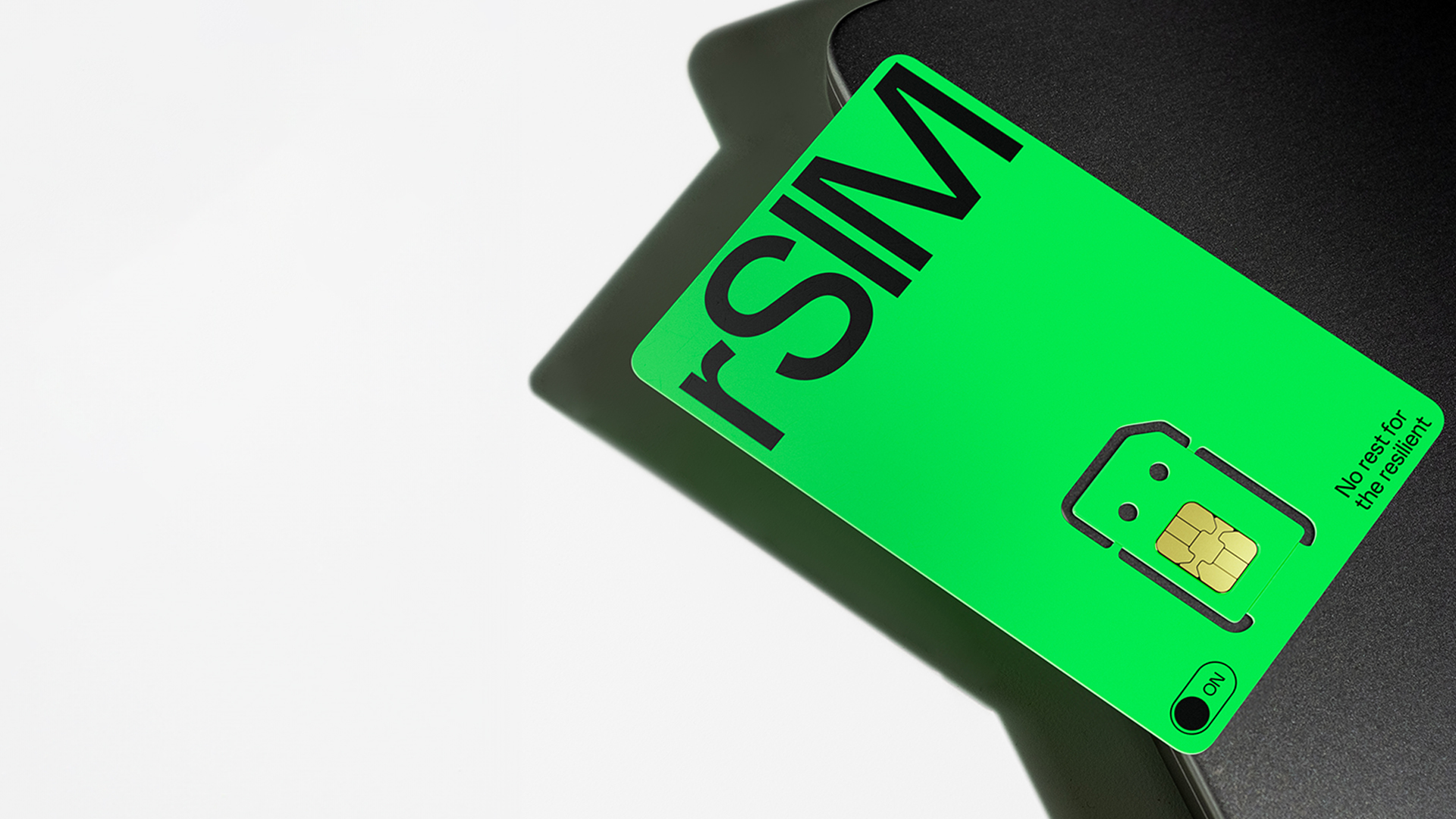
Network disruptions have been a major focus of the news recently due to AT&T's massive network drop last week. For many, this drop led to complications as their life essentially came to a stop. However, the reveal of the resilient SIM, or rSIM for short, might be the solution people need.
The rSIM can test the network connection of the phone every 60 seconds, and if it detects that there has been no connectivity after a preset amount of time then it will switch over to the second backup network. The crucial thing is that this all happens in the background without any input from a user, it really does appear to be that simple. However, it should be noted that rSIMs are predicted to cost more than a single SIM card does, although they will be slightly cheaper than two separate cards.
Considering the current concern about network disruptions this is a great time for this kind of tech to be released. While it won't stop networks from collapsing, it will add some piece of mind for customers to make sure that their lives suffer as little disruption as possible.
Cant afford Apple Vision Pro? Here's a cheaper option
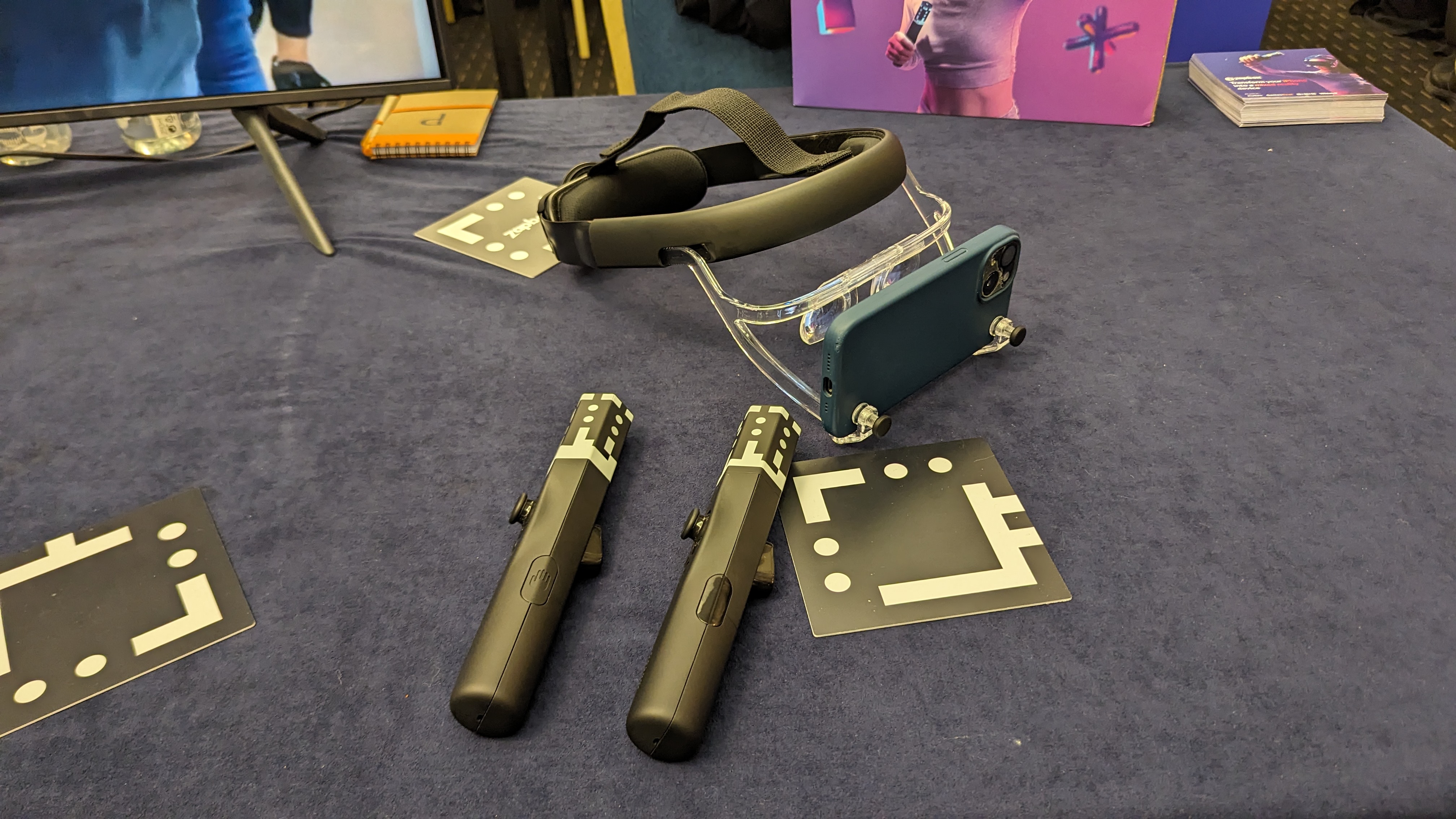
VR is undoubtedly the future, but if the Apple Vision Pro is anything to go by it is a prohibitively expensive future. However, the ZapBox could be the affordable VR experience that people are looking for.
This small headset, which will only cost you $100, acts as a frame for your phone. There isn't much to the ZapBox, it's just an adjustable headset, a pair of lenses that hold your iPhone in front of your eyes and a pair of Bluetooth controllers. When we tried it we found that there was almost no lag when using the device as a pass-through for AI, although the apps were a bit tricky.
The concept of using a phone for VR isn't really anything new, and we have seen variations of this kind of headset before with the Samsung Gear VR, Google Cardboard, and the Lenovo Mirage. All of those prior devices didn't make the splash that they wanted, but ZapBox has some interesting ideas about app development that might help to avoid the pitfalls of its predecessors.
TCL drops five new affordable phones
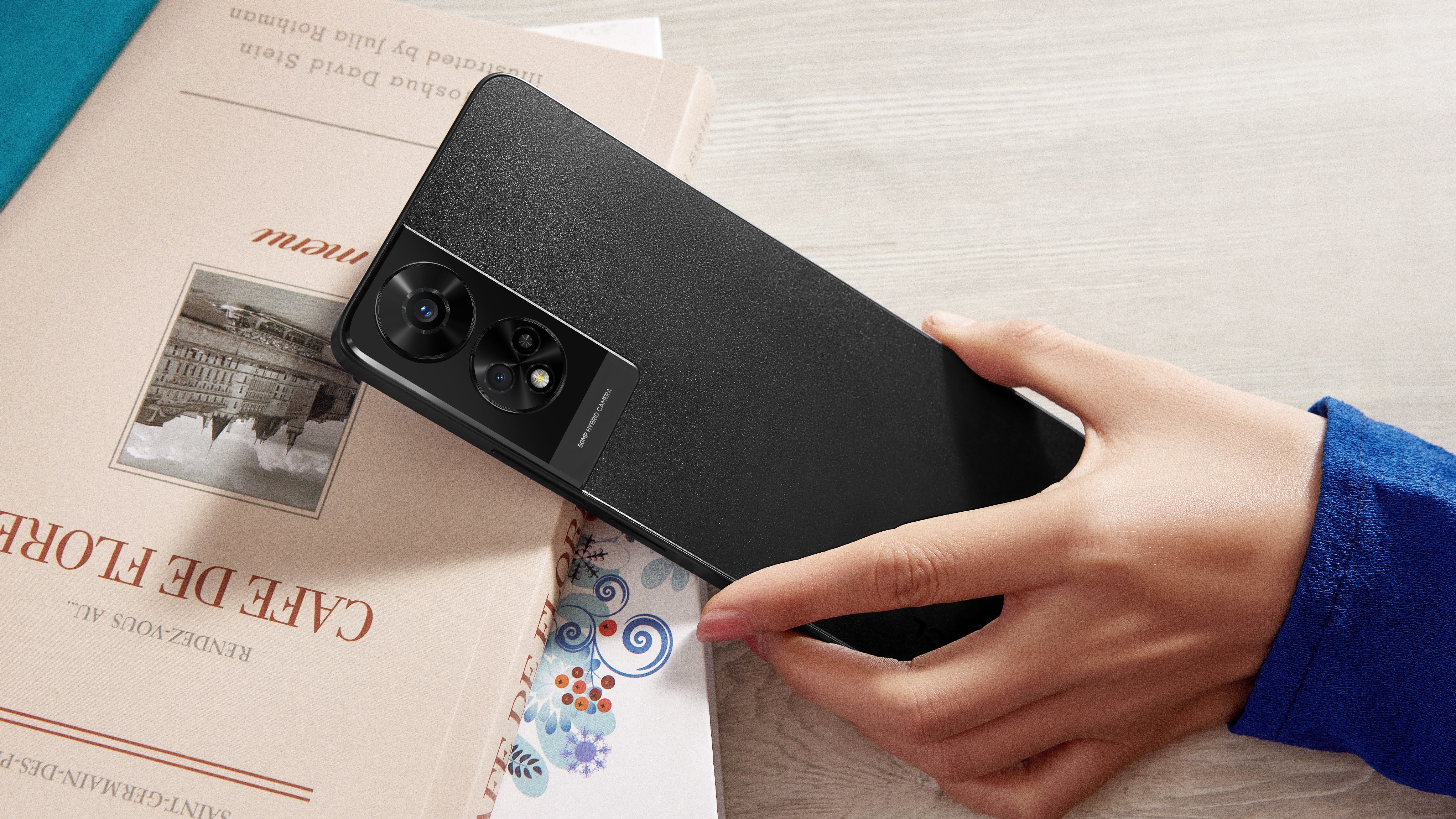
If you happen to be on the lookout for a more affordable handset then TCL has just unveiled new devices in its "50 series", five of which will be coming to the U.S. and each costing less the $250. TCL may not have the same brand recognition as the other phones on our best cheap phones list, but it consistently makes phones that are more than adequate.
The first phone to arrive will be the TCL 50 XL 5G, which will be released in Q2 2024 at Metro by T-Mobile for the low price of $159. This phone comes with a 6.78-inch screen, a reasonable camera setup and 6GB of RAM. At the same time, TCL will also release the TCL 50 XL NXTPAPER 5G for $229, which is the first phone in the U.S. to make use of TCL's NXTPAPER 3.0 display.
Also coming in Q3 are the TCL 50 XE 5G and the TCL 50 XE NXTPAPER 5G, which will cost $149 and $199 respectively. Finally comes the ultra-cheap option in the form of the TCL 50 LE. This phone will be priced around $99 and will be arriving at an unspecified point later this year.
While the prices obviously mean these phones won't have the same power and AI capabilities as the bigger names, they are perfect for anyone who just wants a perfectly good phone for a reasonable cost.
More from Tom's Guide
- Galaxy Ring details start to emerge — battery life, features and more
- iOS 18 tipped to get a redesign — what I’d like to see Apple introduce
- 6 ways Samsung Galaxy S24 Plus beats Galaxy S24 Ultra

Josh is a staff writer for Tom's Guide and is based in the UK. He has worked for several publications but now works primarily on mobile phones. Outside of phones, he has a passion for video games, novels, and Warhammer.

